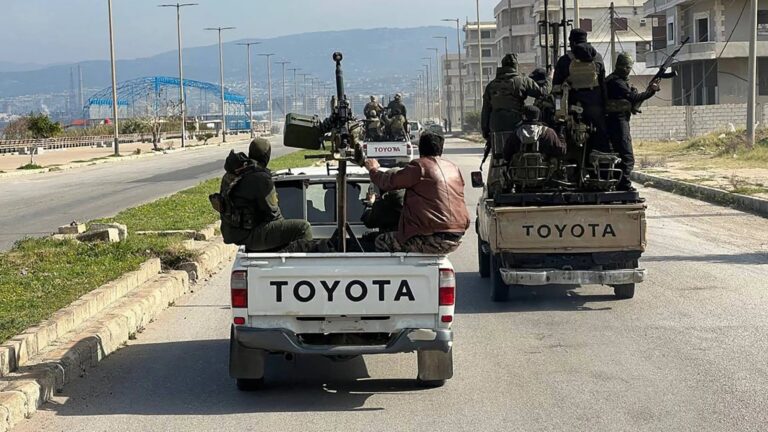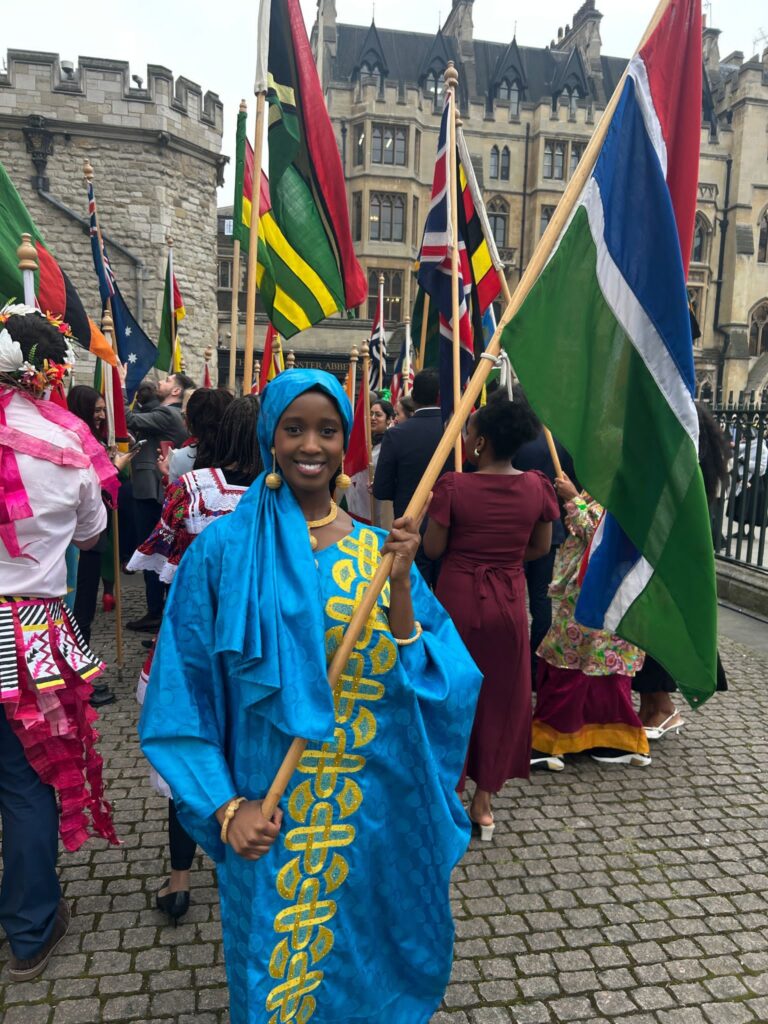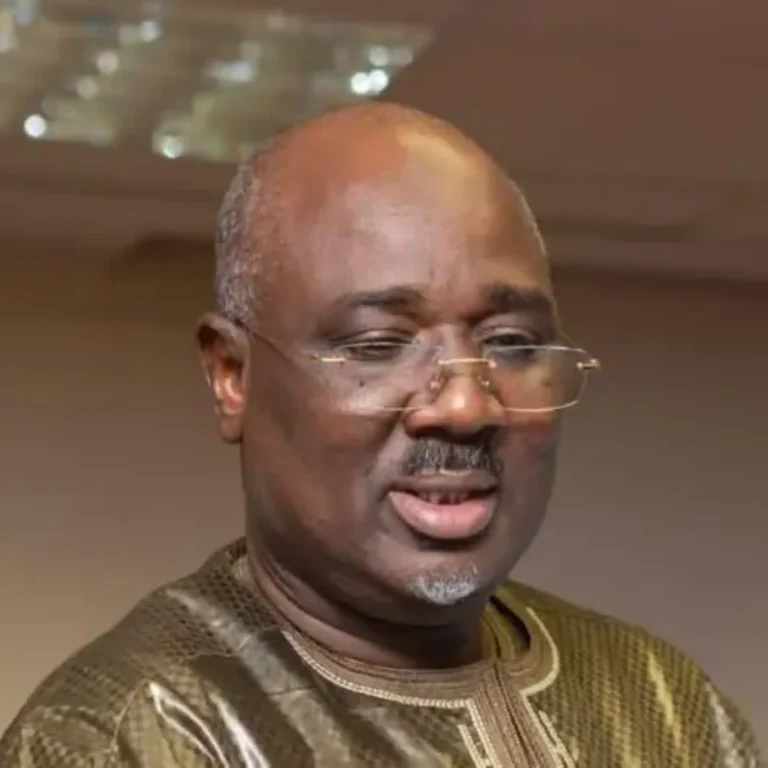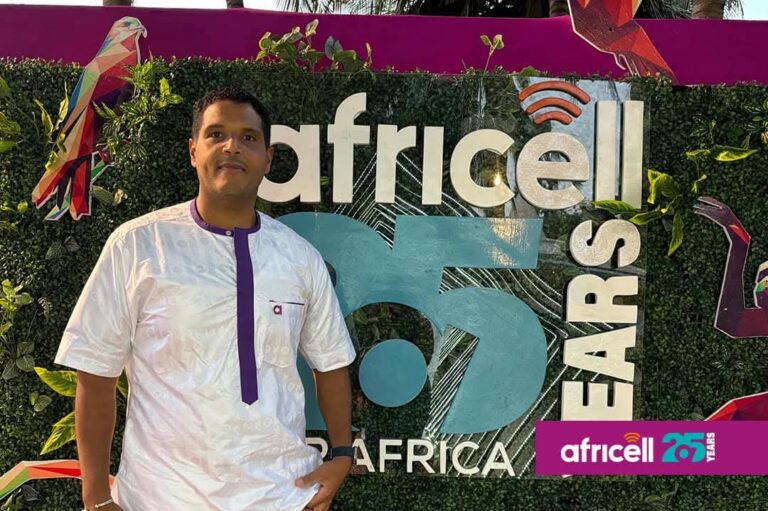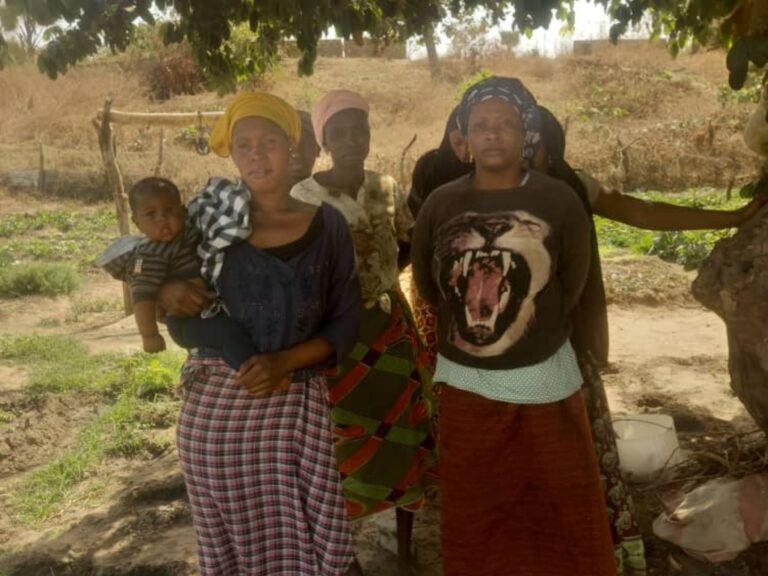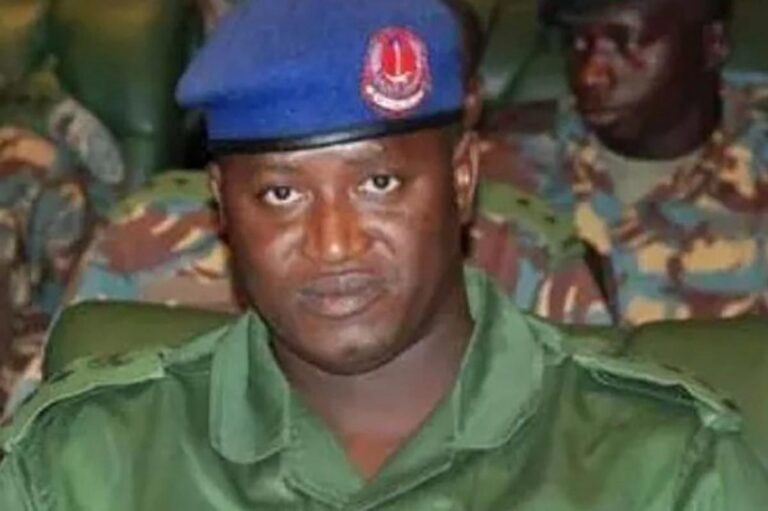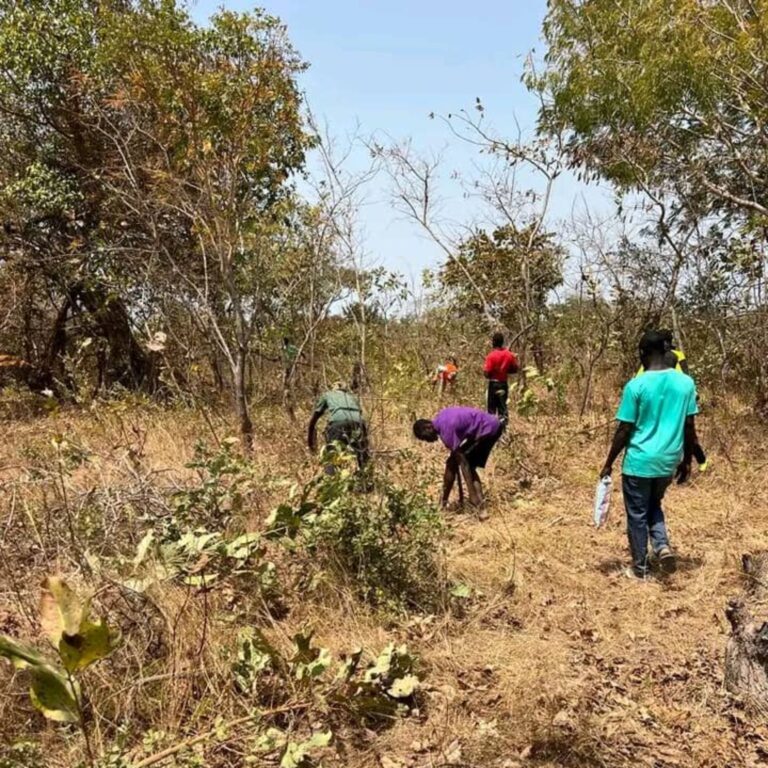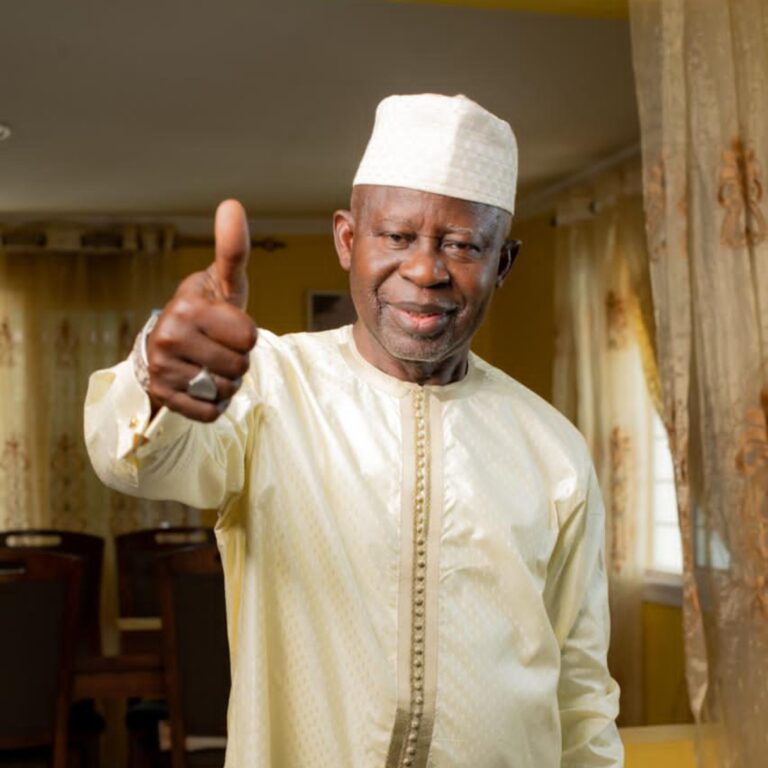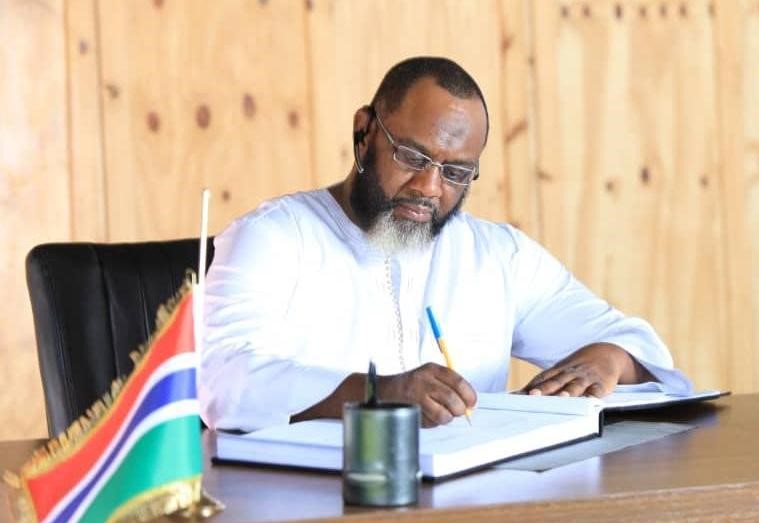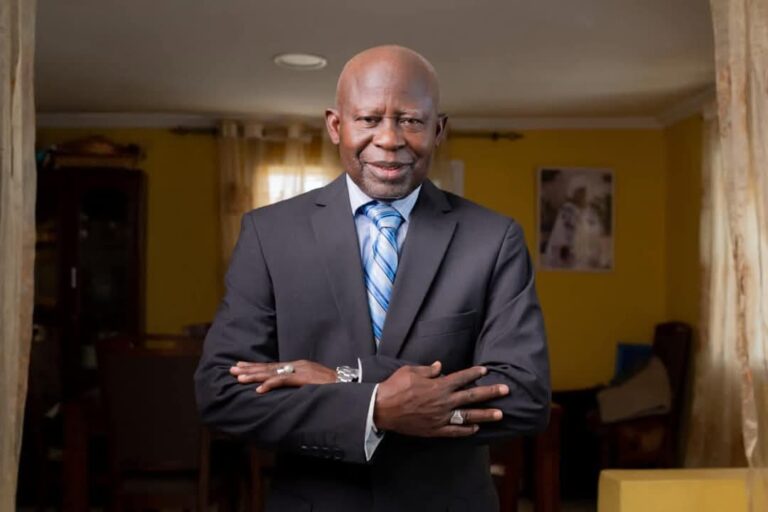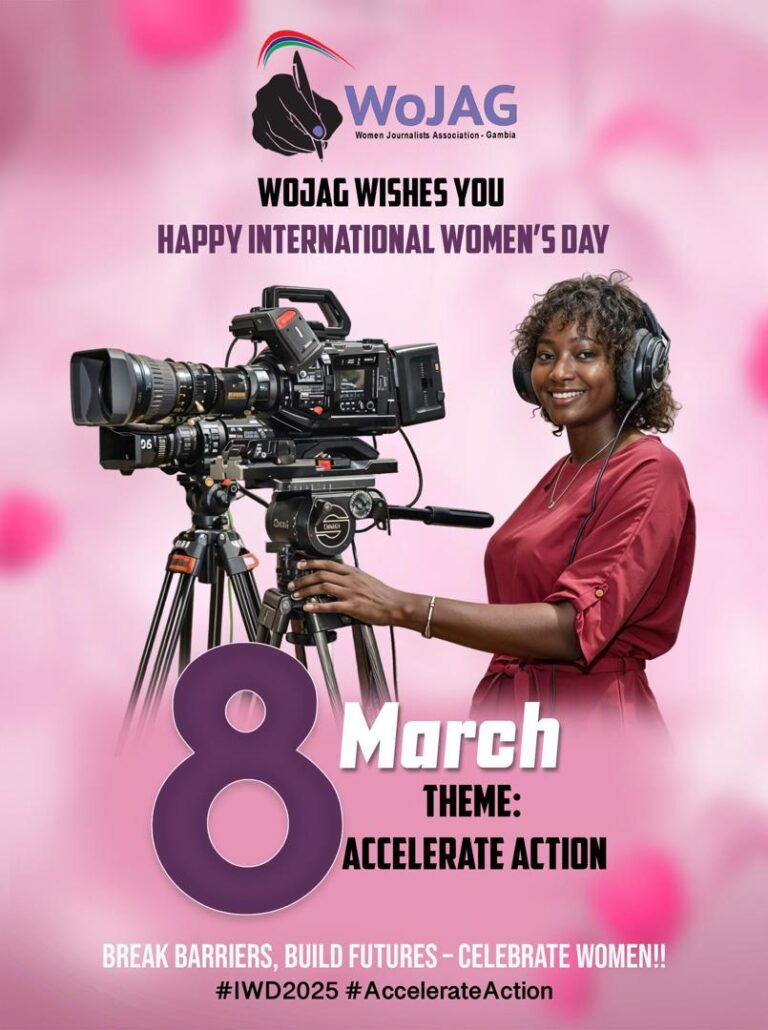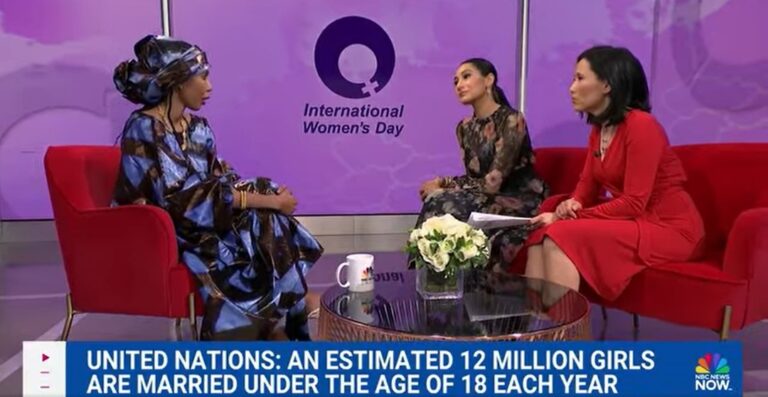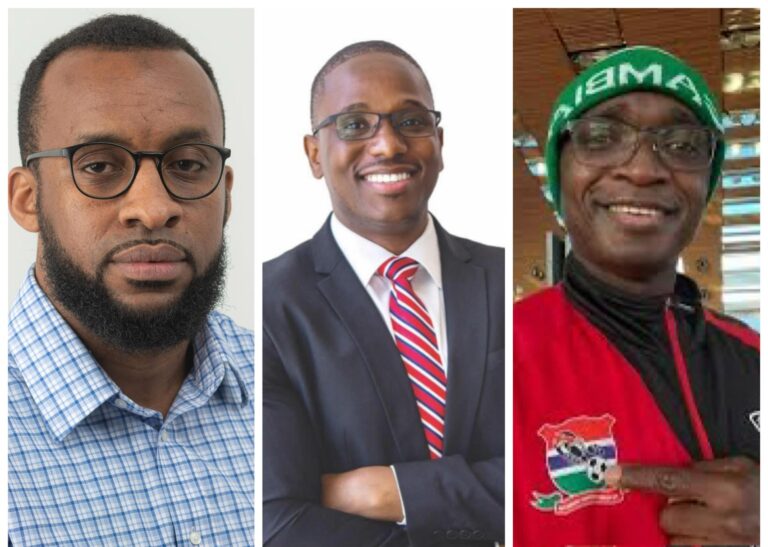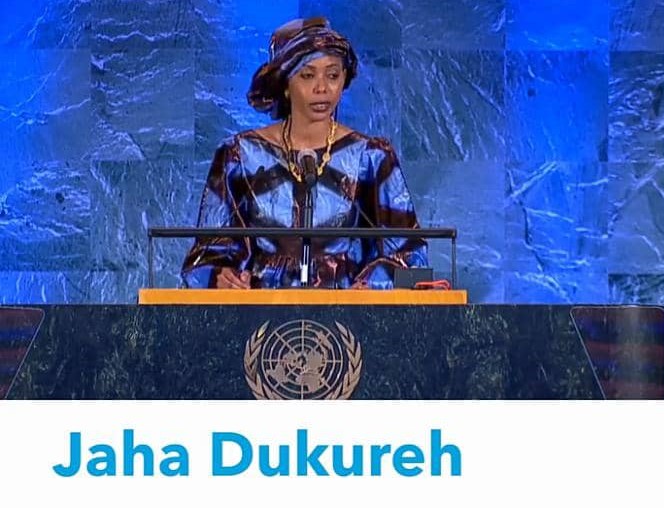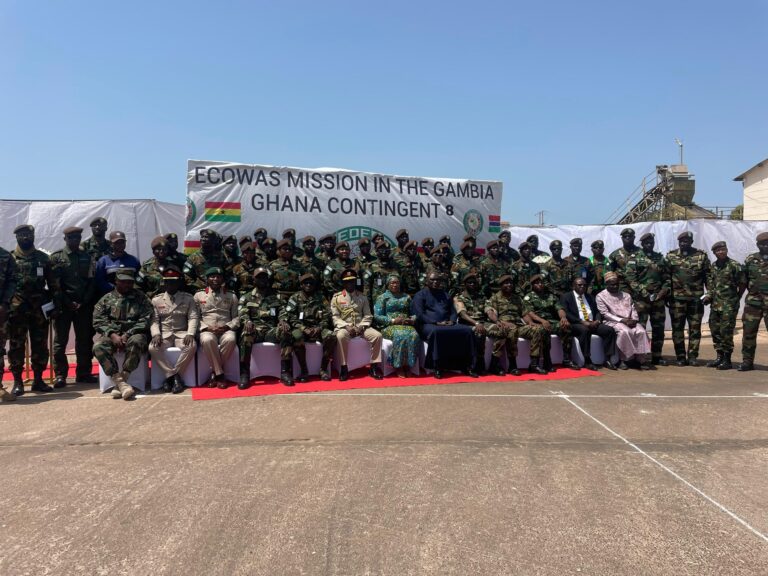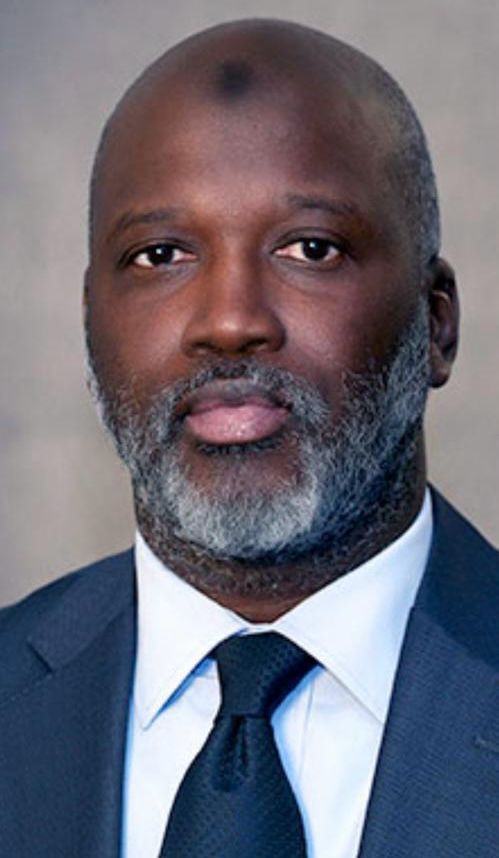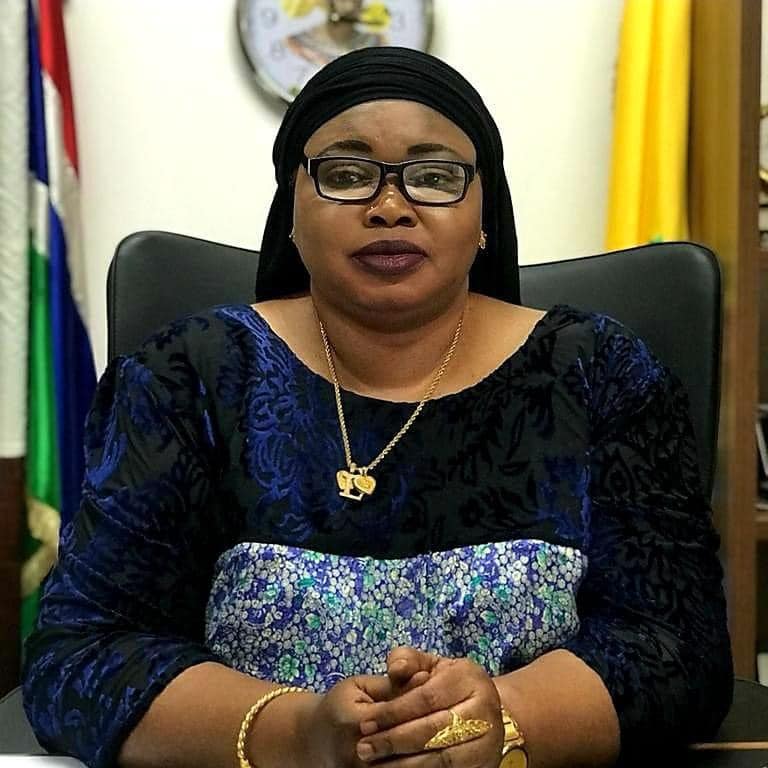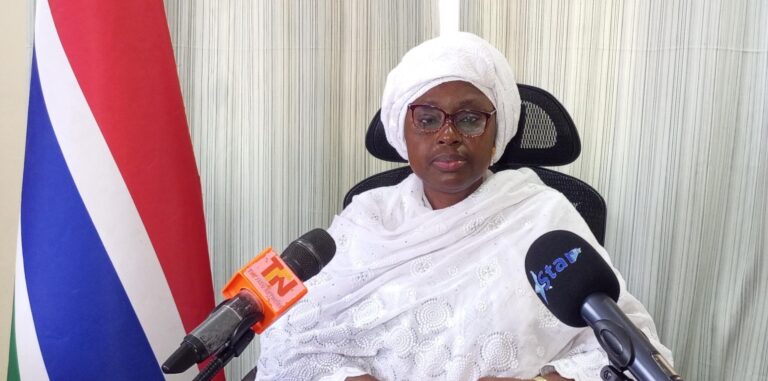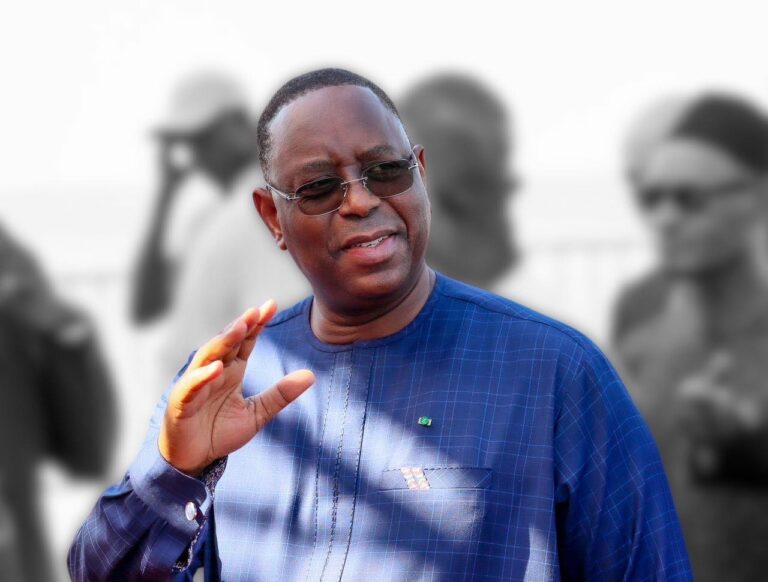“The Gambia Action Party (GAP) and its sympathizers join the rest of the nation in commemorating International Women’s Day.
While GAP recognizes and cherishes the invaluable contributions of women in all spheres of life, we deem it an injustice to women to confine their recognition to a single day.
Women are the backbone of families, societies, and nations, and as such, their sacrifices, resilience, and contributions deserve daily appreciation.
This occasion, rooted in Western ideology, should not define the status of women, especially in a society where Islam has already bestowed upon them an unparalleled position of dignity, honor, and protection.
Islam, as a divine system of life, has elevated the status of women in a way that no human institution ever has.
From the earliest revelations, Islam reinforced the importance of women, their rights, and their role in shaping prosperous societies.
The Quran declares: “And for women are rights over men similar to those of men over women” (Surah Al-Baqarah 2:228).
Women in Islam are not merely caregivers but essential partners in development, education, governance, and leadership.
They are honored as mothers, daughters, wives, and sisters, each role carrying immense spiritual and societal value.
If only women fully understood their honor in the sight of Allah, no external ideology could undermine their status or impose ideas that conflict with Islamic teachings.
The Sunnah of the Prophet Muhammad (peace be upon him) further emphasizes women’s empowerment and respect.
The Prophet declared: “The best of you are those who are best to their women” (Sunan Ibn Majah 1977).
This statement reaffirms that true progress lies in treating women with fairness, love, and justice.
History records that the Prophet consulted women on critical issues, from governance to education.
His wife, Aisha (RA), was a prominent scholar and played a key role in preserving Islamic knowledge.
Khadijah (RA), his first wife, was a successful businesswoman who supported the Prophet in his mission.
These examples illustrate that Islam not only permits but actively encourages women’s empowerment in all fields of life.
At GAP, we place women and children’s empowerment at the center of our policies and programs.
We believe that no society can develop without the full participation of women.
Education, economic opportunities, and leadership roles must be expanded for women, ensuring that they contribute meaningfully to national growth.
As the Prophet (peace be upon him) said: “Seeking knowledge is an obligation upon every Muslim (male and female)” (Sunan Ibn Majah 224).
Therefore, we advocate for increased investment in female education, vocational training, and entrepreneurship to create a self-reliant and progressive society.
The government must prioritize policies that uplift women economically, socially, and politically while aligning with our cultural and religious values.
In light of this, we challenge the government to open more gateways for the empowerment of women beyond symbolic gestures.
Women’s rights should not be reduced to annual celebrations but should be reflected in tangible policies, economic inclusion, and legal protections.
GAP remains committed to supporting every initiative that strengthens the role of women in nation-building while ensuring their rights are upheld in accordance with Islamic teachings.
We urge all Gambians to continue celebrating and appreciating their mothers, sisters, daughters, wives, and partners not just today, but every day as a means of fostering a just and balanced society.
Musa Ousainou Yali Batchilly
Secretary General and Party Leader, Gambia Action Party (GAP)”

